The Core Concept
1. How To Be a Top Performer

2. Building A Foundation
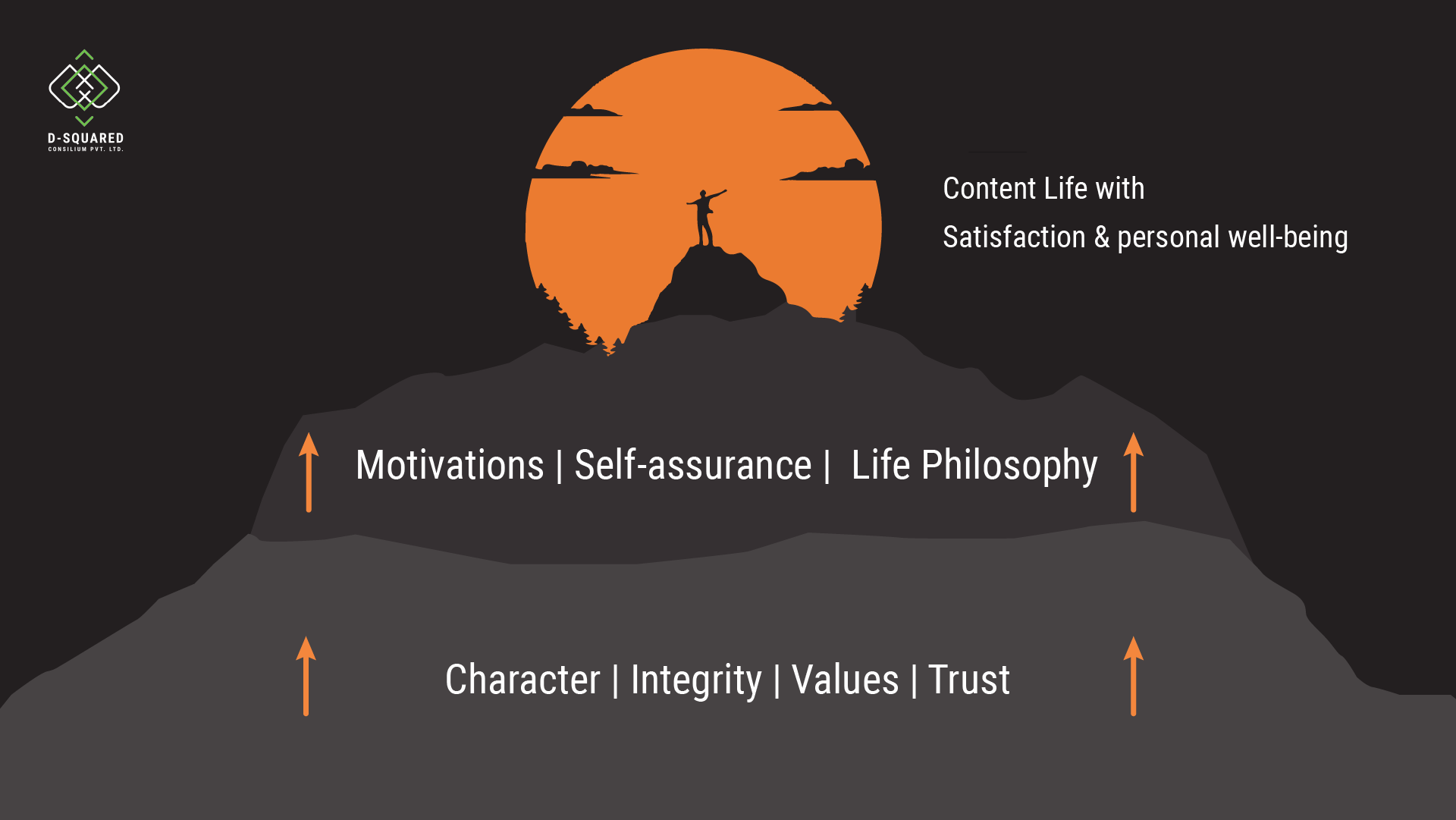
3. Choosing To Be A Top Performer

The trajectory of our achievements is fundamentally shaped by the decisions we make. While we cannot alter our past, the future is an unmarked canvas, awaiting formation through the choices we deliberate upon. The choices we enact today are pivotal, as they will ultimately govern our identity, actions, and acquisitions tomorrow. Achieving excellence necessitates making judicious decisions. To master this skill, it is crucial to differentiate between reacting and responding.
Responding entails a constructive approach, while reacting carries a negative connotation. Consider a medical context: if a physician informs you that your body is reacting adversely to a prescribed drug, this signifies an unfavorable outcome, prompting a change in medication. On the contrary, when your body is responding positively to the medicine, it’s indicative of a beneficial effect.
Individuals, managers, and leaders all confront the option to either react impulsively or respond thoughtfully when faced with adversities or challenging circumstances. The manner in which we respond, or react, to negativity serves as a mirror reflecting our inner character. This principle holds particular significance during conflicts or interactions with individuals displaying rudeness, hostility, or inaccuracy. Often, hostile behavior emanates not from a desire to harm, but from personal pain. Each instance of aggression encapsulates a plea for assistance.
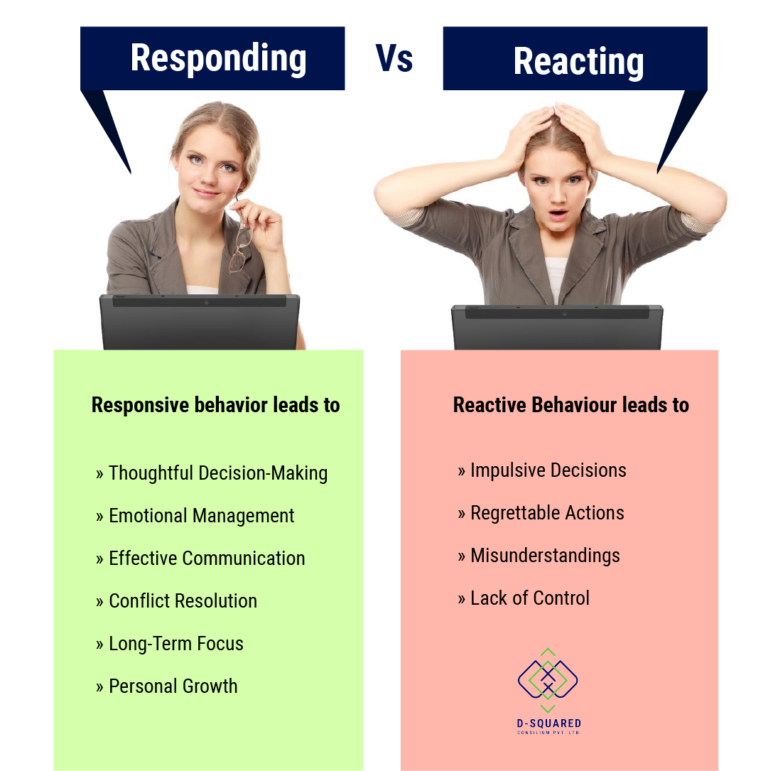
4. Causing Others To Want Your Leadership

5. Look For The Good
The best managers make it a point to recognize the strengths in others. When someone does a good job, it’s a great idea to give them praise and positive feedback right away, and it’s even better if you do it in front of others. If you’re not comfortable giving compliments, you can try using a simple pattern like “I really like… because…,” and practice giving compliments this way. People are more likely to enjoy working with a boss who is kind and fair with their praise. when providing feedback, it’s important to remember that you’re critiquing the work, not the person themselves. That way, you’re not settling for average performance; you’re letting them know that you expect more from them.
And it’s a good idea to schedule a follow-up meeting to check progress. This approach helps build a positive working relationship while addressing areas for improvement.
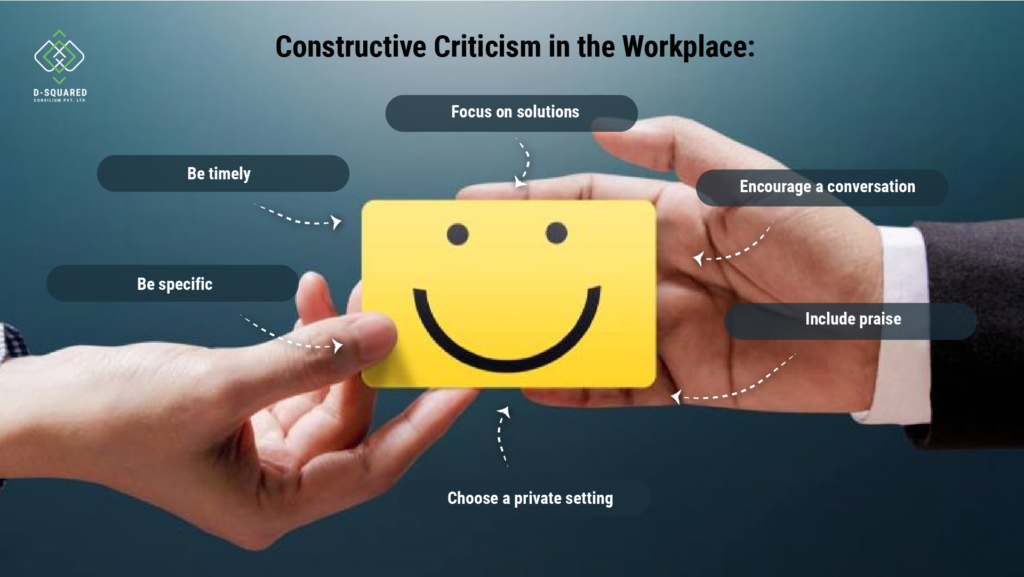
6. Expect The Best
7. Develop A healthy Self-Image

Loyalty to yourself involves seeking evidence that reinforces your self-belief. Dr. Laura Schlesinger suggests that feeling good about yourself comes from engaging in activities that make you proud. This positivity isn’t arrogance, but a healthy sense of self-assurance that can help you develop a team with similar confidence.
Cultivating self-worth involves taking care of your physical, mental, and spiritual well-being. Learning to embrace enthusiasm, handle interactions gracefully, and offer encouragement to others adds to your pleasing personality. This friendliness and openness can greatly benefit you socially, professionally, and spiritually.
Boosting your self-image and that of your team can involve encouraging everyone to embrace learning through avenues like Automobile University. Avoid wasting time and resources on unnecessary conversations or distractions, as this efficiency translates to cost savings and increased productivity.
Lastly, engage in ongoing education through seminars, books, and educational materials. Your thirst for knowledge should remain unquenchable. You don’t have to know everything; the key is committing to continuous growth and learning as a manager and leader, which will significantly enhance your self-image.
8. Build Trust And Honesty
In any workplace, there will naturally be discussions and disagreements about roles and responsibilities. This presents an excellent chance to instill values of trust and honesty, particularly in the realm of responsibility and fulfilling tasks. Exceptional performers not only carry out their duties but willingly take on extra tasks when needed.
Fostering loyalty to the company is key. Stand behind your organization or find a workplace that aligns with your values. This also means keeping internal issues and negative matters within the company, rather than discussing them outside. The best approach is to address problems with someone who has the authority to address them. This demonstrates a commitment to resolving issues constructively and maintaining trust within the organization.
9. The Importance of Communication
Communication holds immense importance, and misunderstandings, inadequate communication, or lack of communication can lead to significant issues.
Being a proficient communicator involves maintaining clarity, brevity, and precision in your messages. To enhance your communication skills, you can focus on the twelve key aspects of communication, including Appearance, Posture
, Gestures, Eye contact, Facial expressions, Voice modulation, Avoiding unnecessary details (padding), Engagement and involvement, Handling questions adeptly, Using appropriate humor, Introducing others gracefully, Utilizing visual aids.
To become more adept in these areas, consider participating in communication training that covers both speaking and listening skills. Remember, people are more receptive to your knowledge when they can sense your genuine concern for them. It’s the care you show toward others that truly matters.
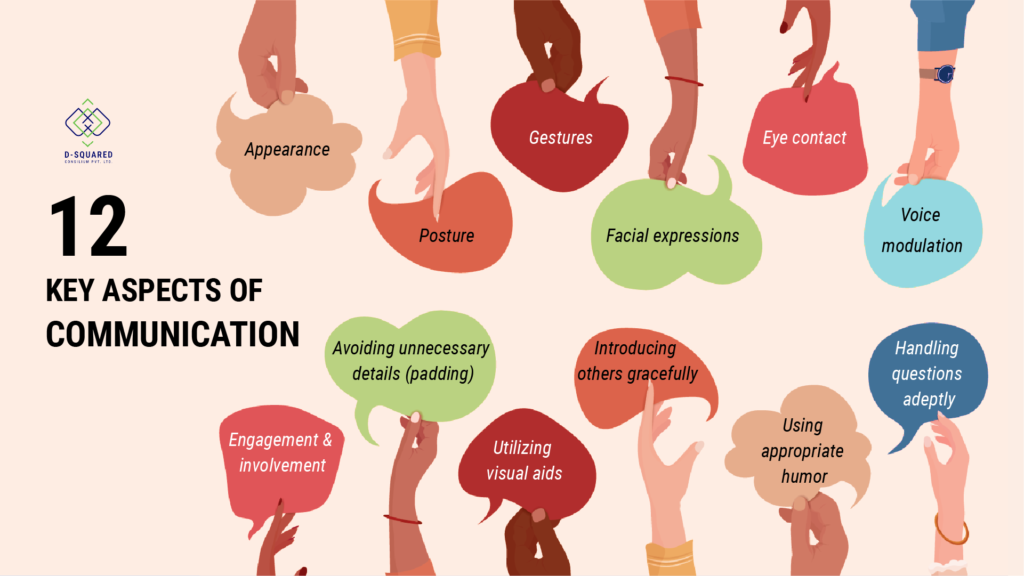
10. Three A's For Excellence

These three aspects together contribute to the foundation of achieving excellence and standing out in your field.
11. Formula for Top Performance Management
These principles can lead to top-notch performance management and contribute to your personal and professional growth.
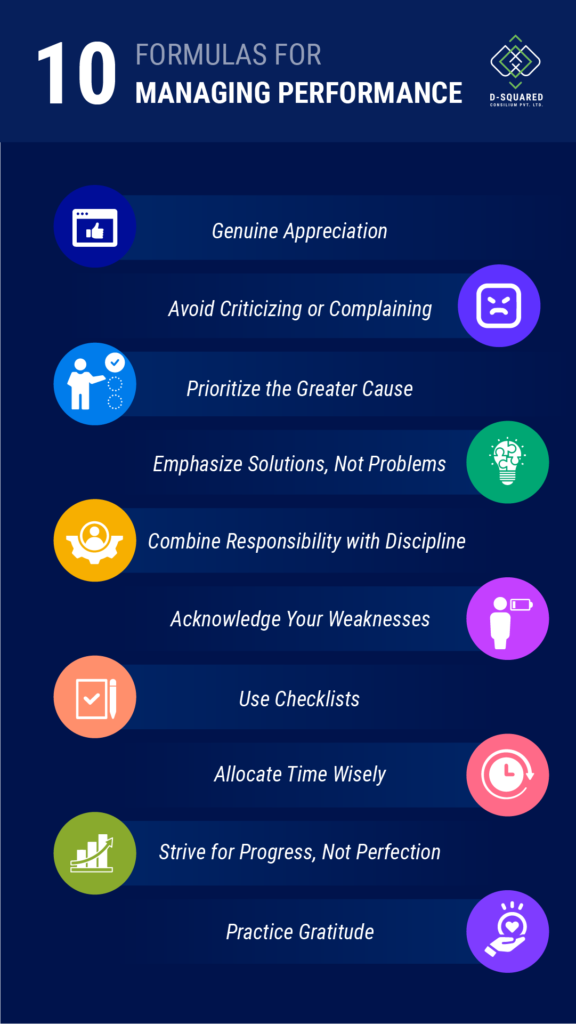
12. Six Action Steps for Performance-Oriented Managers

1.Provide Detailed Feedback: Regularly offer clear and specific feedback on performance, focusing on observable behaviors.
2. Respect Communication and Authority: Honor established channels of communication and authority within your team.
3. Make Timely Decisions: Make decisions promptly to keep processes moving smoothly.
4. Be Approachable: Ensure your availability and approachability for your team members.
5. Foster Creativity: Encourage the sharing of innovative ideas among your team.
6. Offer Personal Support: Provide individualized support to team members as needed.
By following these steps, you can contribute to a positive and effective management approach that benefits both your team and the organization as a whole.
13. The Ten Double-Win Rules That Lead to Top Team Performance
1.The Power of a Smile: A smile is a potent tool in social interactions – it can convey warmth and openness.
2.Listen Actively: Listening is often overlooked but incredibly influential. The one who listens well can shape the outcome of a conversation. Encourage others to share their thoughts and remove obstacles to your effective listening.
3.Consider Their Interests:Engage in conversations centered around the other person’s interests. Everyone has unique qualities that become intriguing when discovered.
4.Ask Thoughtful Questions: Pose questions you already know the answers to, allowing the other person to express their perspective. People tend to embrace ideas they discover themselves, so guide them through the process.
5.Lead by Example: Your behavior and attitude should reflect the values you want others to adopt.
6.Offer Support and Trust: Assign tasks that show your belief in the other person’s capabilities.
7.Request Instead of Command: Frame your instructions as requests rather than orders.
8.Use Stories and Analogies: Storytelling and meaningful analogies are potent tools for effective teaching and communication.
9.Show Respect: Demonstrate respect by being punctual for meetings or communicating delays in advance.
10.Prompt Communication: Respond promptly to phone calls, emails, and letters – there’s no valid reason to delay in today’s interconnected world.
By keeping these principles in mind, you can navigate interactions more effectively and build positive relationships with others.
